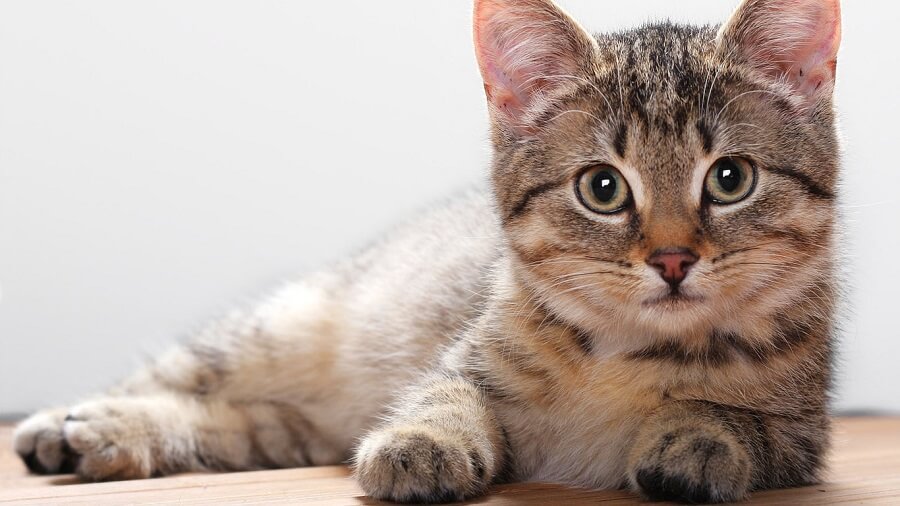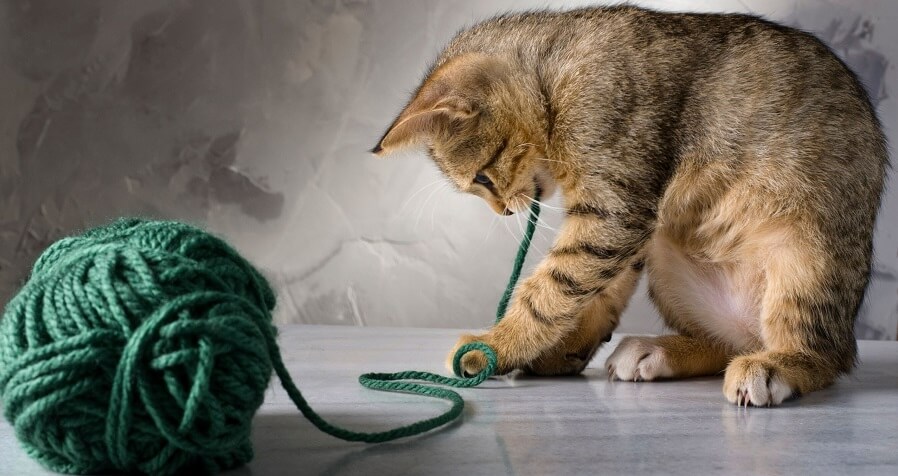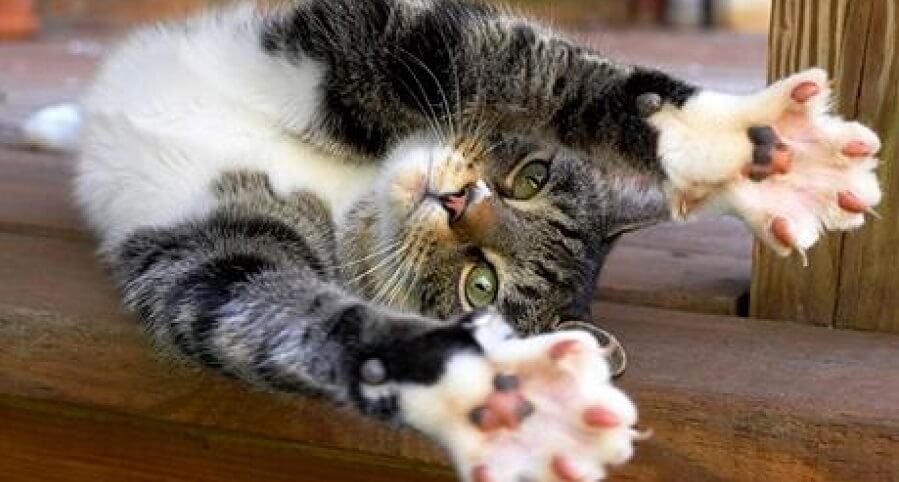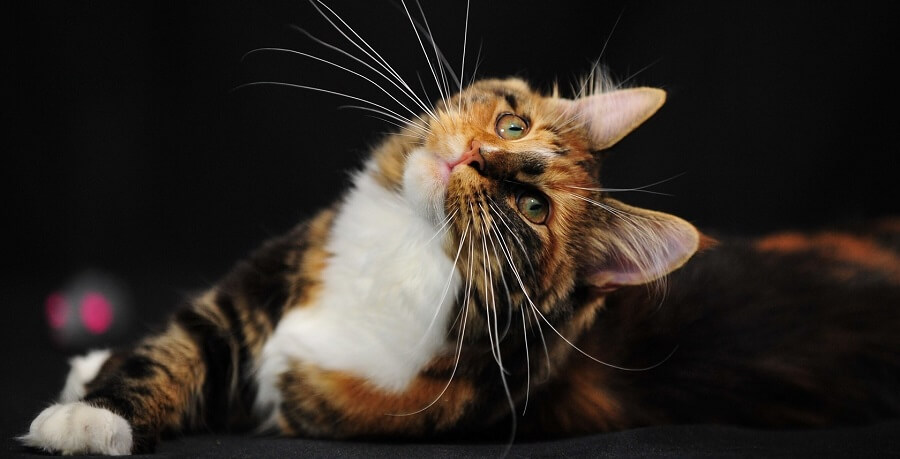What does primary cat care include? How could I organize properly keeping cats at home? Read helpful articles on animal care in this section!
Primary care includes feeding, training, grooming, exercise, general veterinary knowledge, and the ability to apply it should your friend need help. This will help give your pet a high quality of life and prevent potential diseases in the early stages.
From childhood, a pet should receive only high-quality, balanced food that its growing body needs—this is the key to future health. After the kitten reaches a more mature age, it can be accustomed to exceptional canned cat food.

When keeping cats, raising them from a young age is essential. An active animal plays with many interior items, such as slippers and curtains. Of course, it is better to provide them with toys in advance than to scold them for torn curtains (although sometimes this cannot be avoided).
A skein of yarn, often seen as an ideal toy, can ultimately cause suffocation if the loose end becomes lodged in the larynx. It is also worth maintaining a scratching post so the cat has a place to scratch.

Basic rules for keeping cats for beginners
Many owners care for their cat’s oral cavity, but veterinarians still recommend periodic teeth cleaning. In addition to the teeth, you must take care of the animal’s appearance, especially the claws.

Trimming a cat’s claws is dangerous because the claws contain essential blood vessels that are easily damaged. It is better to entrust this matter to professionals.
Keeping cats is not limited to feeding. If you leave your cat at home, you should ensure she has water and something to drink. You also shouldn’t leave windows open if you’re worried the animal might escape. The bedding should be changed or washed every one/two weeks.
An older animal can often change its mood. It may begin to show hostility or aggression towards other animals in the house and stop using its litter box. Usually, these behavioral changes reflect the onset of an animal’s health problems, such as illness or hearing loss, which can cause fear of loud noises.

If you notice sudden changes in your cat’s behavior, such as lethargy or loss of energy, change in appetite, loss of fur, vomiting, or confusion, you should take your cat to the vet.




